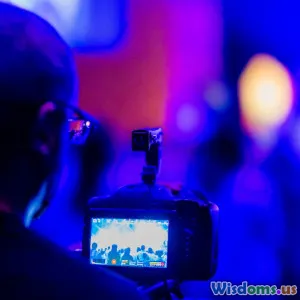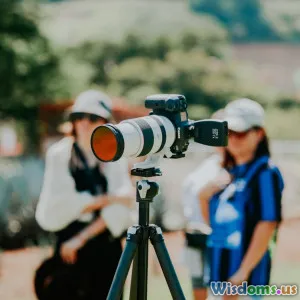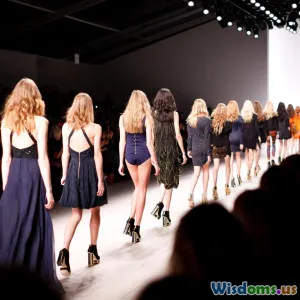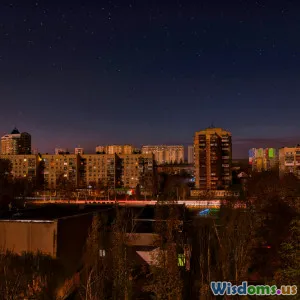
How to Capture Authentic Candid Moments at Events
15 min read Discover practical tips to capture genuine, candid moments at events for heartfelt, memorable photography. (0 Reviews)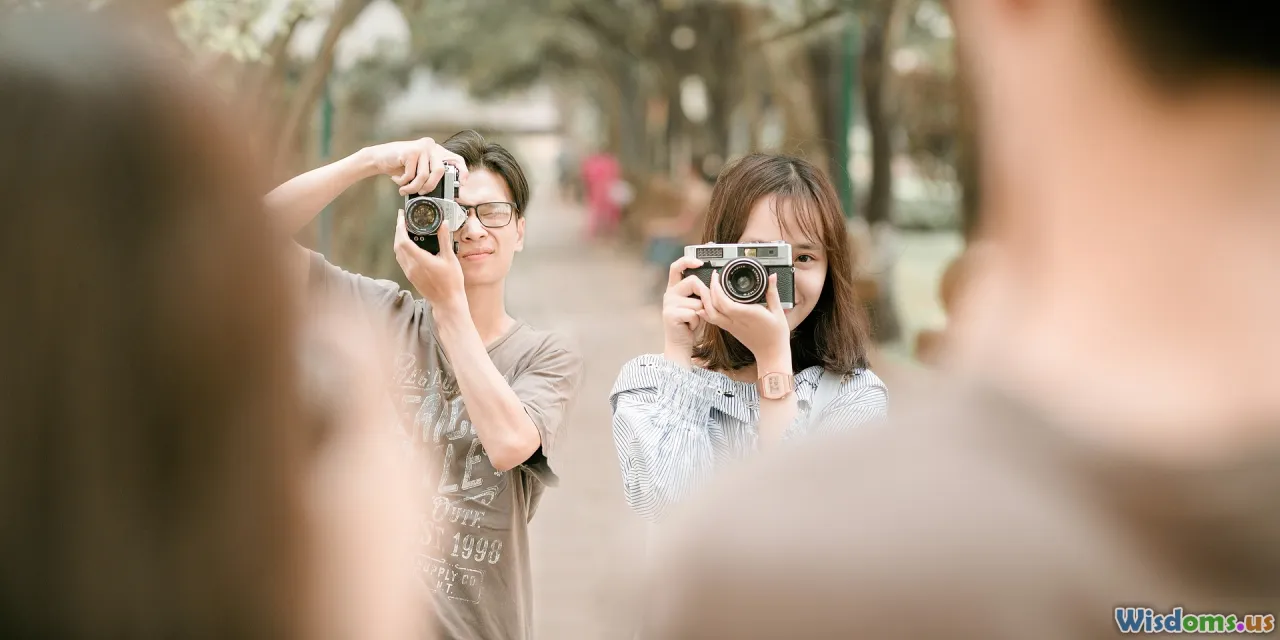
How to Capture Authentic Candid Moments at Events
In a world saturated with staged smiles and ‘say cheese’ photography, the value of authentic candid images is rising fast. Whether you’re photographing a bustling wedding, a milestone birthday, or a corporate summit, candid moments evoke the soul of an event—those flashes of emotion and genuine connection that can’t be replicated. But how do professional photographers consistently capture these unposed, real moments? Let’s unravel the secrets and skills behind seizing authenticity on camera.
Prepare to Blend In
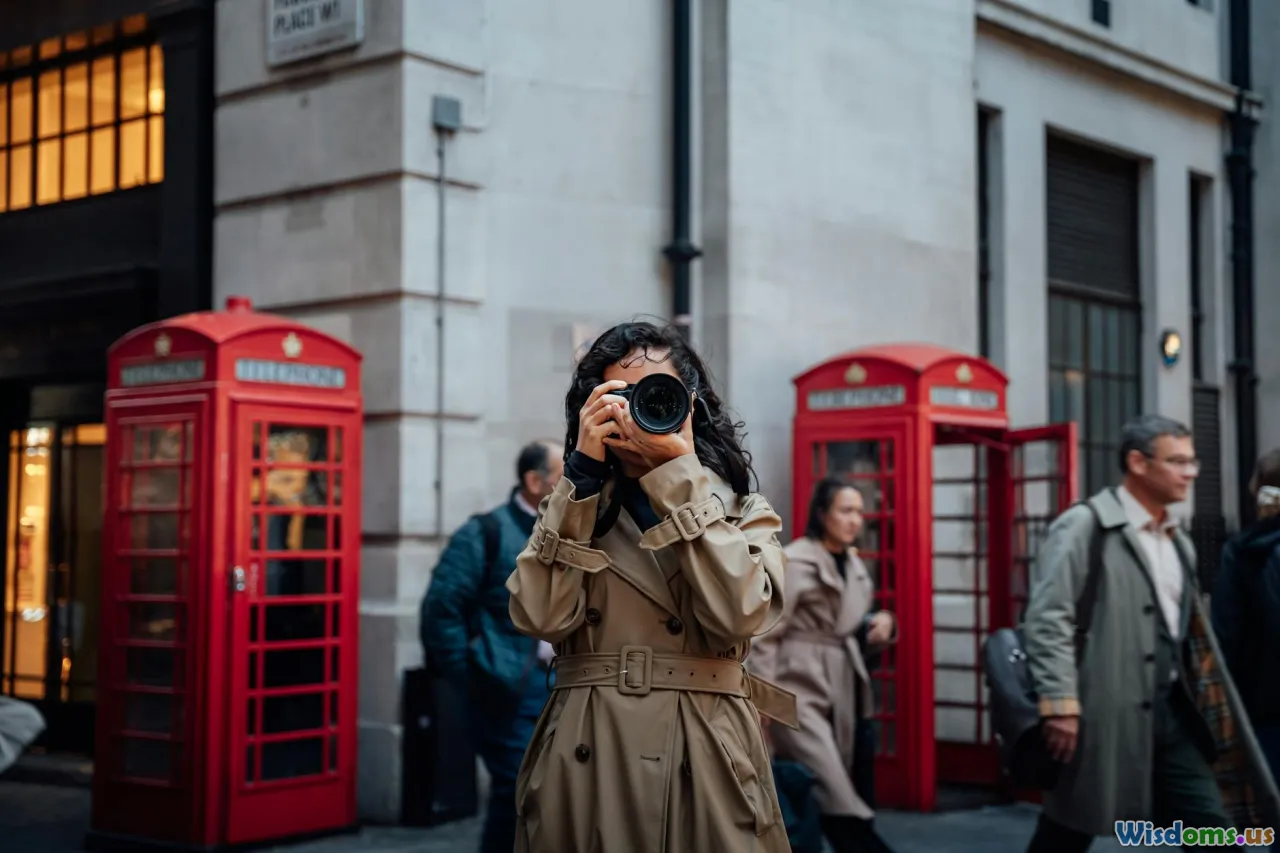
Before the event even begins, preparation is key—both mentally and logistically. Becoming a true observer, rather than a focal point, requires more than just a low-key outfit.
Choose the Right Gear
Sporting oversized lenses or brandishing too much equipment can make guests self-conscious. Professional candid photographers often opt for compact camera bodies and prime lenses—say a 35mm or 50mm with wide apertures. These lenses are ideal for low-light situations and can cover a variety of scenes discreetly. The Leica Q2 and Fujifilm X100V, for example, are favorites for their silent operation and unobtrusive physiques.
Dress and Act the Part
Show up in attire that matches the event’s formality, so you blend into the background. Move with genuine warmth: mingle with polite greetings, nods, and smiles, but avoid dominating any group’s attention.
Prime Your Awareness
Familiarize yourself with the run of the show. Study the guest list if available, identify key players (such as the hosts, VIPs, or immediate family), and know when “big moments” will unfold—like speeches, first dances, or ceremonial details—without drawing attention to yourself.
Example: At gala dinners, blending in as a guest with a sleek mirrorless camera and sitting at the edge of a table can help you capture laughter during speeches without interrupting the flow.
Focus on Human Interaction
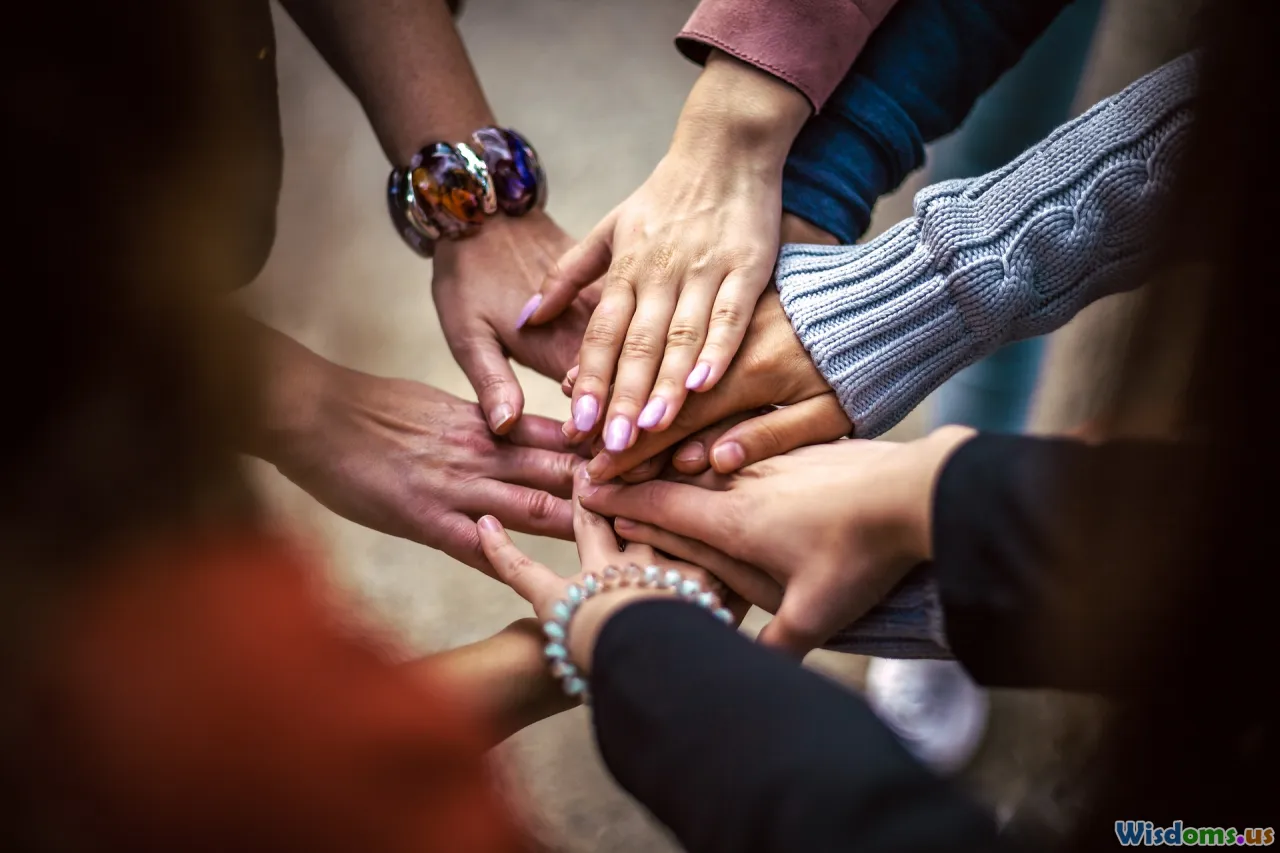
The vibrancy of any event is rooted in human connection. Natural conversations, quiet glances, and roaring laughter make for evocative images.
Track Groups, Not Individuals
While single subjects can portray a strong emotion, the best storytelling often emerges from small groups. Watch for body language: subtle hand gestures, people leaning in, or heads thrown back in laughter.
Tip: Try shooting several quick frames (burst mode) to capture escalating reactions—such as before, during, and after a joke lands.
Example: At a conference, capturing two old colleagues embracing by the coffee line shows the genuine warmth of reunions that staged photos cannot.
Anticipate Peak Moments
Great candid photographers learn to anticipate, not just react. Gauge conversational rhythms—the punchline at a table, the hush before a toast, or a spontaneous dance move. Excellent anticipation means positioning yourself in advance for a clean background and unobstructed angle.
Insight: Renowned photojournalist Henri Cartier-Bresson often spoke of the “decisive moment”—the precise timing where every element in the frame falls into balance, turning an ordinary scene into art.
Master the Art of Non-Intrusive Shooting
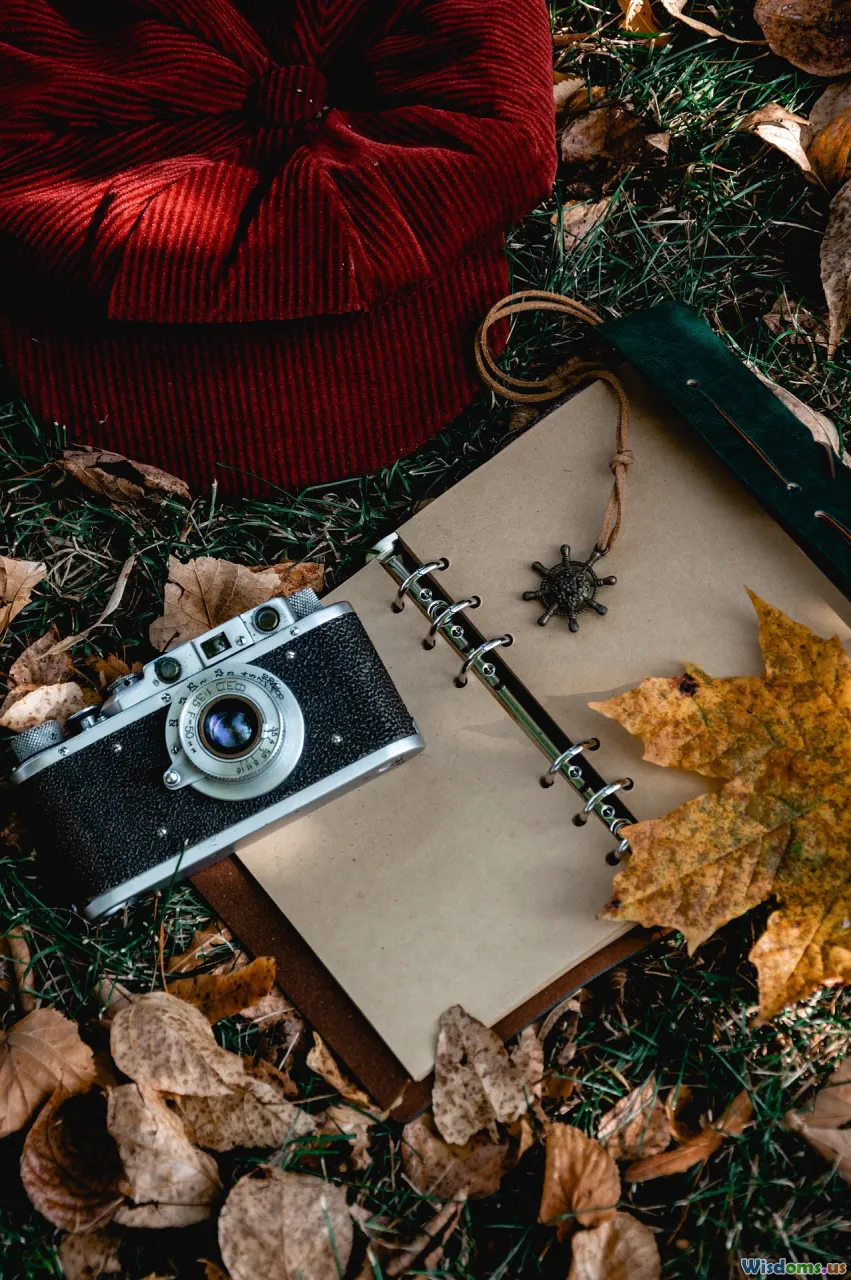
A candid photographer's greatest asset may be their invisibility. When people forget about the camera, guards come down and true personalities shine.
Work with Available Light
Flashing bulbs wreck the spell of the moment and draw unwanted attention. Use natural or ambient light as much as possible by:
- Increasing ISO and opening your lens aperture
- Embracing soft window light or glowing chandeliers
- Leveraging backlighting for dramatic effect
Example: During a twilight reception in a garden, skipping the flash and capturing dancing silhouettes against lanterns will result in a dreamy, authentic scene.
Camera Settings for Quick Reactions
Set your camera to aperture priority mode with a suitable ISO for the location’s lighting. This enables you to focus on composition and moment rather than tinkering with settings. Enable silent or electronic shutter modes to remove click distractions altogether.
Move, Don’t Zoom
Physical movement changes your perspective much more authentically than zooming does. Walk the event space quietly, dip in and out of conversations, and change your vantage point regularly. Kneeling, stepping to the side, or gently circling a group often reveals new angles or catchlights.
Tell a Story, Not Just Take Random Shots
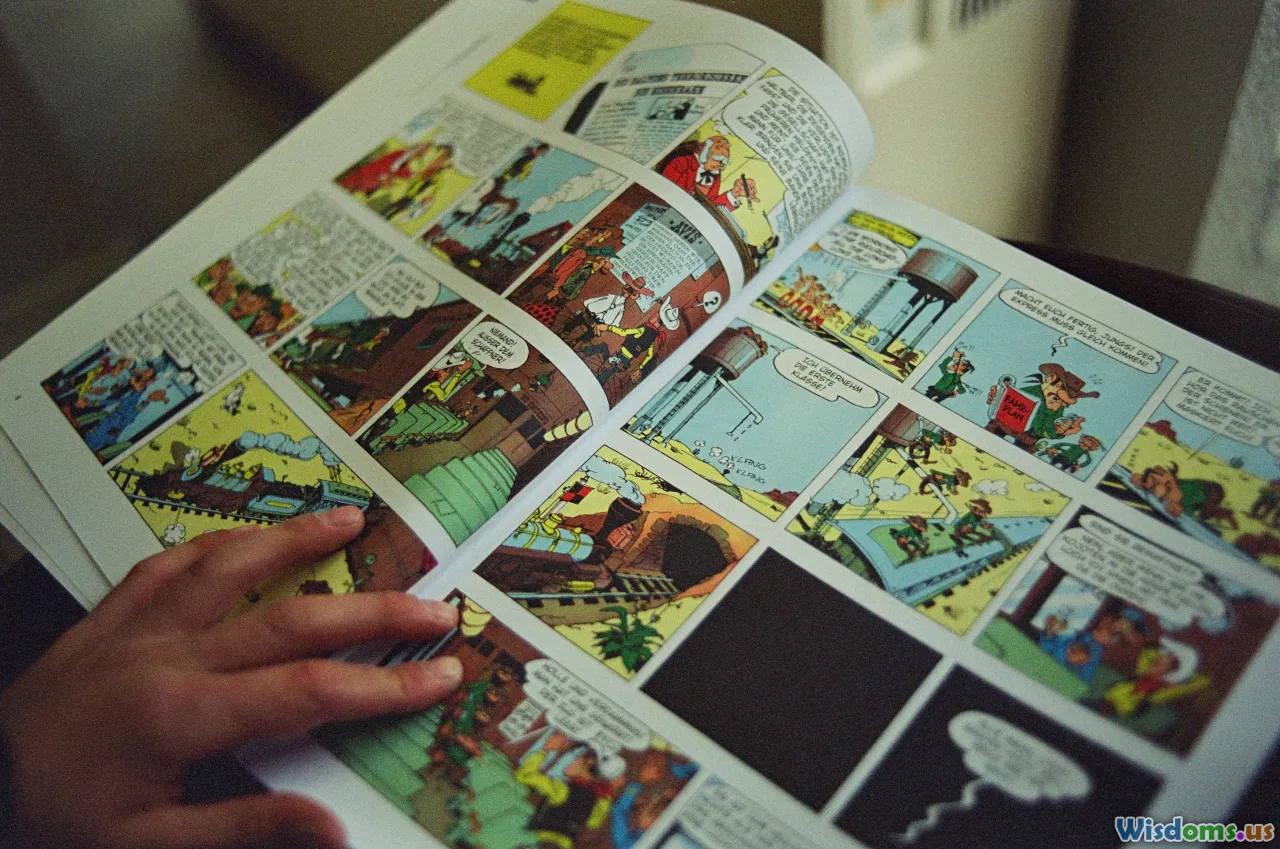
Candid event photography is more than ‘gotcha’ snapshots; it’s about weaving visual stories that span the event’s emotional arc.
Look for Narrative Sequences
Instead of hunting for standalone masterpieces, look for mini-stories: a series showing a guest arriving, being welcomed, sharing a heartfelt conversation, then joining the dance floor. This approach ensures your gallery feels cohesive and immersive.
Background and Foreground Matter
Storytelling emerges in the details. Pay attention to the environment—colorful banners, lush bouquets, or even cluttered tables full of empty glasses. These can situate your subjects within a place and time. Layer elements: shoot through gaps or doorways, or frame faces between hanging decorations.
Example: At a birthday party, juxtaposing a child’s beaming face with a stack of presents in soft focus creates a lively narrative image.
Build Trust with Subjects

Your connection with guests, even when subtle, can make or break a candid shot’s authenticity.
Introduce Yourself as Necessary
If you’re hired as an official photographer, a quick introduction—"I’ll be documenting your fun, no need to pose!"—relieves pressure. When guests feel permitted to relax, they’re less likely to stiffen up or mug for the camera.
Low-Pressure Presence
Rather than lurking furtively, keep a friendly, approachable aura. If eye contact is made, smile or nod—acknowledge, rather than disrupt. Many seasoned photographers say that two or three appearances throughout the event (rather than constantly hovering) can keep faces fresh for authentic candids.
Example: At a family reunion, you might spend five minutes mingling with each subgroup, gaining their comfort before fading into the background again.
Use Creative Techniques—But Don't Overdo Them

Candid doesn’t mean dull. Employing subtle creative techniques can inject energy and dimension into your images without feeling forced.
Embrace Imperfection
Slight motion blur, focus fall-off, or unusual framing techniques often add life and feeling that razor-sharp staged photos lack. A bit of purposeful "imperfection" lends urgency and reality to the story.
Play with Perspective
Raise your lens above crowd level for overhead atmospheres, or shoot low to showcase children’s excitement. Try wide-angle shots to capture rambunctious dance floors, or tight crops on expressive hands clutching a toast.
Use Reflections and Shadows
Mirrors, windows, or polished surfaces can lend surprise and depth. Shooting behind or through transparent elements often catches gestures and reactions not visible from a direct angle.
Example: During a seminar break, capturing a reflection of three colleagues in conversation through a coffee urn can add both context and intimacy.
Edit With a Light Touch
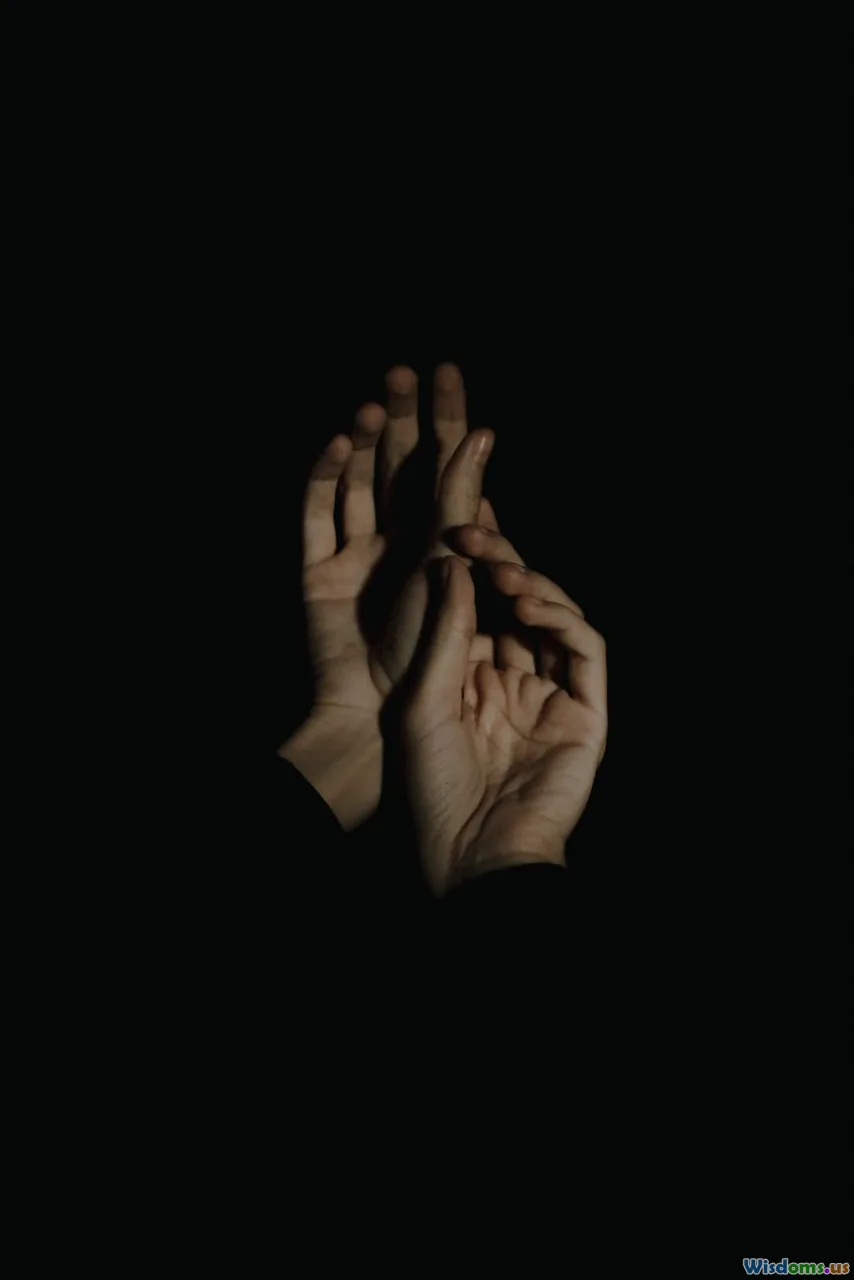
Post-processing is crucial—but authenticity is easily lost through over-editing.
Enhance, Don't Transform
Go light on skin smoothing, liquify, or "beautifying" edits; focus instead on:
- Adjusting exposure and white balance for consistency
- Mildly enhancing colors to match the genuine event mood
- Cropping for stronger compositional flow
Fact: According to a 2022 survey by PetaPixel, more than 60% of event clients prefer minimally edited photos that accurately reflect reality over heavily filtered images.
Present Appropriately
Curate your set—include a mix of wide shots to convey scale and close-ups for intimacy, but avoid overwhelming clients with near-duplicates. Sequence photos so the gallery flows naturally.
Learn from Great Candid Photographers
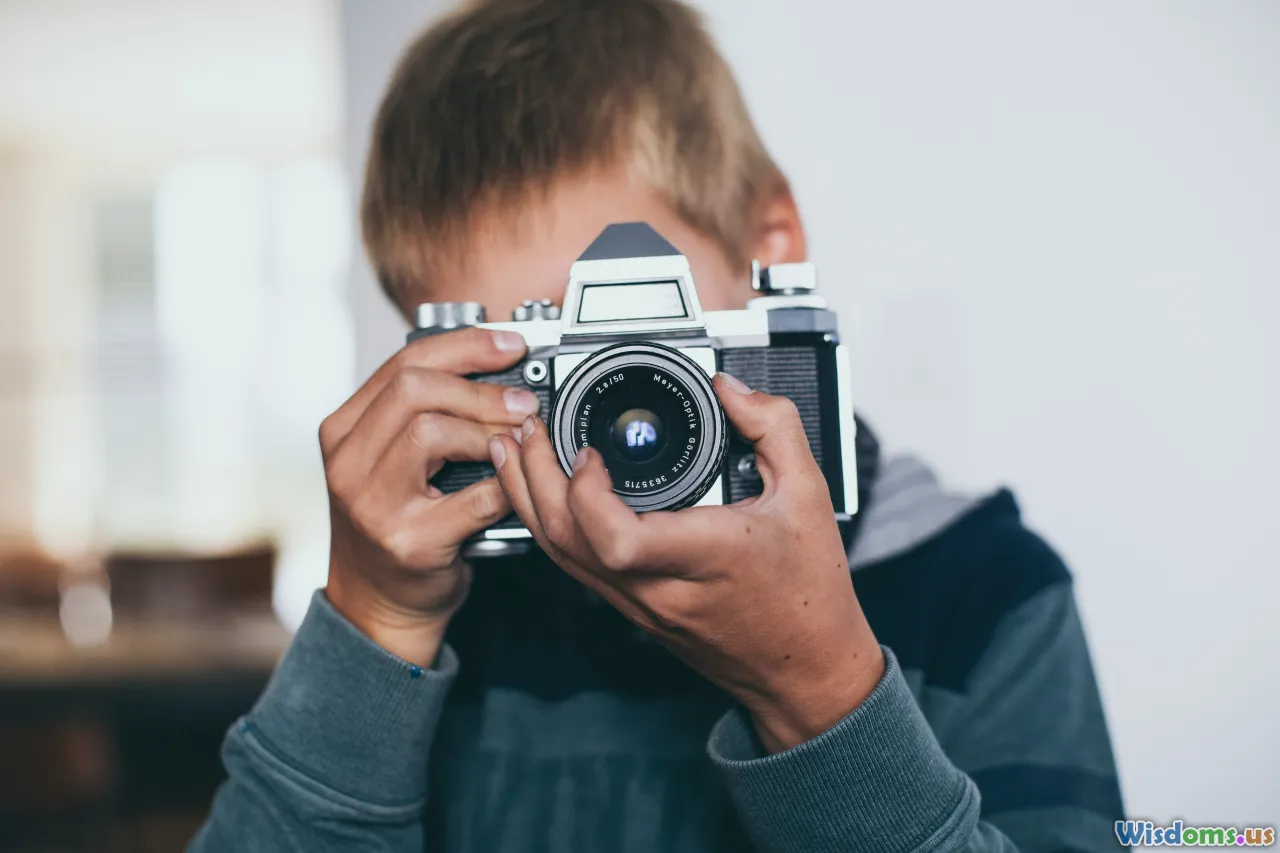
Studying the masters can inspire your technique and mindset. Photographers like Garry Winogrand, Diane Arbus, and Vivian Maier built iconic bodies of work on candid moments.
Analyze Iconic Candid Portfolios
Notice how these artists capture humor, irony, vulnerability, or intimacy—often without subjects being aware. Observe how context, gesture, and timing fuse for deep storytelling.
Attend Workshops or Join Networks
Connecting with other event photographers, both locally and online (such as in Facebook groups or on platforms like Flickr or Instagram), can reveal new approaches. Group critiques and real-time feedback speed up skill development.
Insight: Many top-tier wedding photographers, such as Two Mann Studios, balance candid unpredictability with fine art composition—a combination that industry publications regularly celebrate.
Anticipate and Manage Challenges

No event is truly predictable. Successful candid photographers hone quick decision-making and a flexible mindset.
Deal with Difficult Lighting
Event venues can range from dim, amber-lit banquet halls to glaringly bright outdoor ceremonies. Always pack a fast prime lens (f/1.4–f/2) and remember: grain (from high ISO) is often preferable to using disruptive flash.
Maintain Professionalism Under Pressure
Missed shots happen—even for pros. If a key candid slips by, don’t halt proceedings or request re-dos. Instead, move on and look for the next spontaneous moment.
Respect Privacy and Boundaries
Be mindful: some guests may request not to be photographed. Honor these with grace.
Example: At a sensitive award presentation, staying at a respectful distance or shooting from slightly behind can preserve both dignity and intimacy in your images.
Elevate Your Candid Event Photography with Mindful Practice
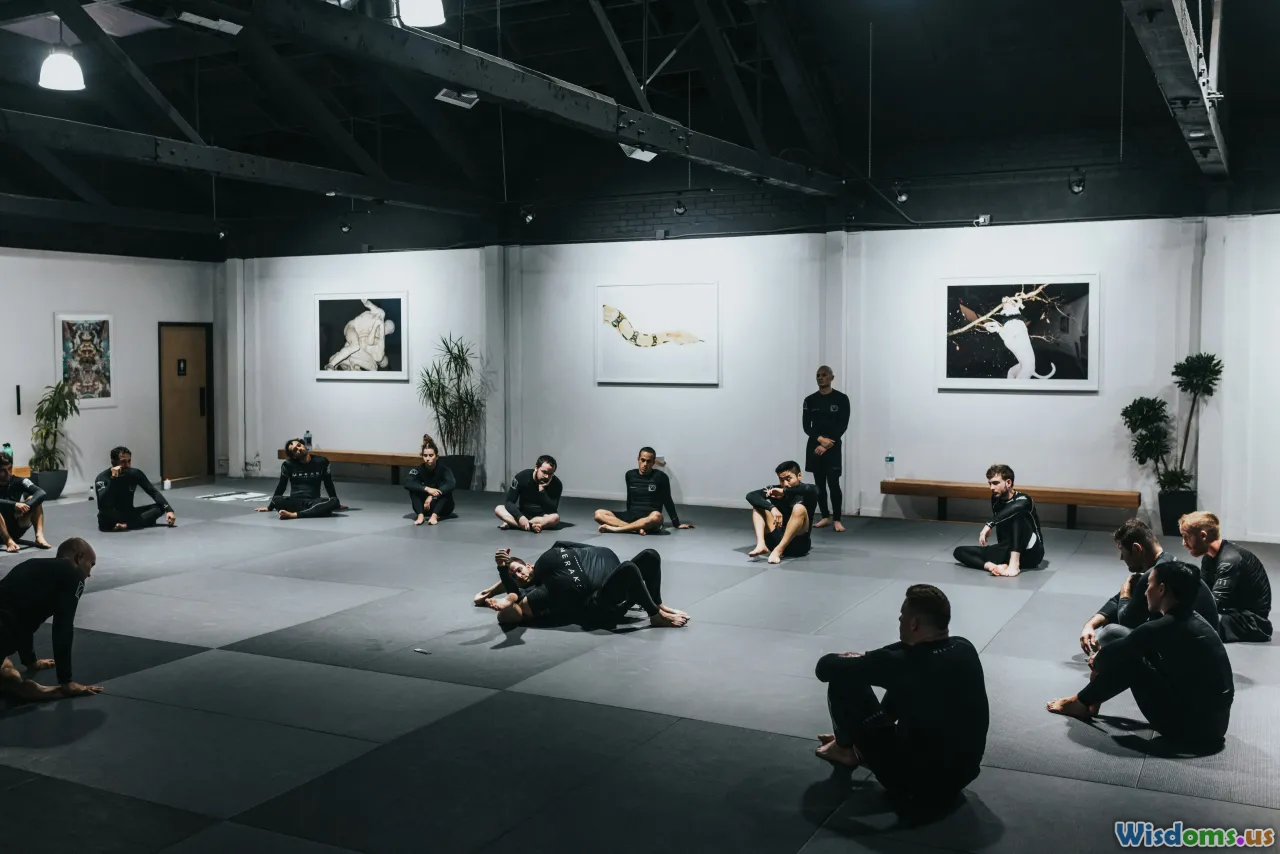
Capturing true candid moments is a blend of anticipation, discretion, creativity, and, most importantly, empathy. The images you create are more than just pixels—they are emotional heirlooms or company legacies. As you refine your craft, remember to:
- Stay alert and adaptable
- Value moments over technical perfection
- Cherish the fleeting, unscripted magic that candids provide
Whether you’re photographing a friend’s birthday, a grand corporate affair, or your local community’s annual picnic, candid photography will always be about seeing deeply—and telling real stories as they unfold. Give your clients and subjects the priceless gift of memories unposed, and you may just capture images that live in hearts far longer than any staged smile.
Rate the Post
User Reviews
Other posts in Event Photography
Popular Posts










